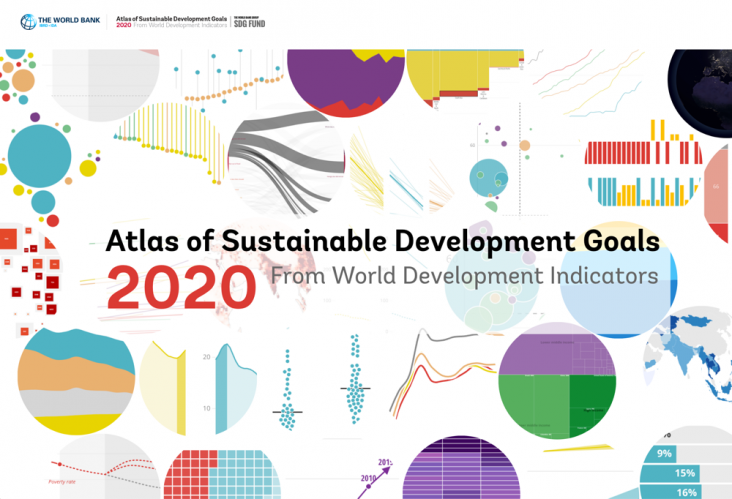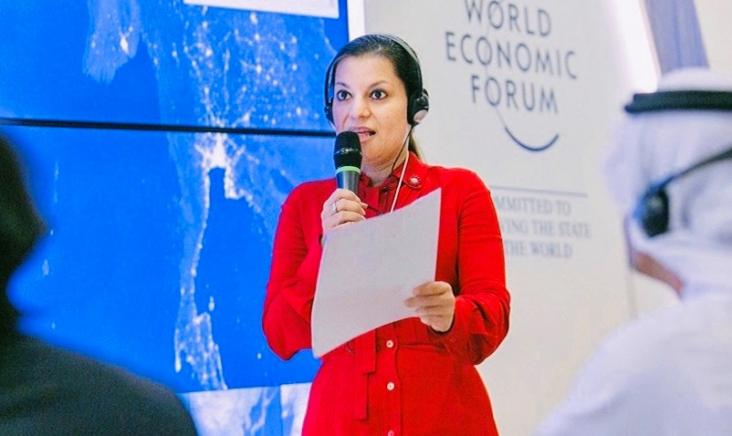Elsevier’s new video series features short interviews with research leaders on topical issues for universities. In these episodes, speakers discuss how universities are accelerating progress towards the UN SDGs.
Contributing to SDGs 9, 12 and 13, this paper provides an in-depth analysis of the technologies available to reduce CO2 emissions in those sectors, and the implications for introducing consistent measures to deliver on emission reduction targets.
Partner content
World Bank
The Atlas of Sustainable Development Goals 2020 presents interactive storytelling and data visualizations about the 17 Sustainable Development Goals.

The SDG Impact of COVID-19 podcast series gathers expert opinion exploring the impact of COVID-19 on the Sustainable Development Goals. In this segment, we get the view of Kanika Dewan, President of Bramco Group, Founder of Ka Design Atelier and a World Economic Forum Young Global Leader.
Leaders require new tools to make better strategic decisions in an increasingly complex and uncertain environment. The World Economic Forum offers Strategic Intelligence as an engagement option to help you understand the global forces at play and make informed decisions that will have a positive impact on your organisation. The platform contributes to a range of SDGs, including Goals 9 and 17.
This case study shows the contribution of the Global Partnership for Sustainable Development Data to the Open Algorithms Initiative. It addresses how to unlock the potential of private sector data for public good purposed in a safe ethical, scalable and sustainable manner furthering goals 9 and 17.
Research and commentary on artificial intelligence, contributing to goal 9 on industry, innovation and infrastructure, with particular focus on the technology-related targets.

Focussing on SDGs 9 (industry, innovation and infrastructure) and 11 (sustainable cities and communities), BEYOND 2020 endeavours to link the built environment sector to the SDGs.
International Built Environment Week (IBEW), to be held from 3 to 6 September 2019, is the most comprehensive event in Asia Pacific on the built environment.
The Africa Regional Data Cube (ARDC), based on the Open Data Cube infrastructure, is a technological innovation that layers 17 years of satellite imagery and Earth observation data for five African countries. This report identifies the key enabling environment, data management and sharing factors that affect the operationalization of the ARDC and makes recommendations to inform the scale-up of the technology, furthering SDGs 9 and 17.
